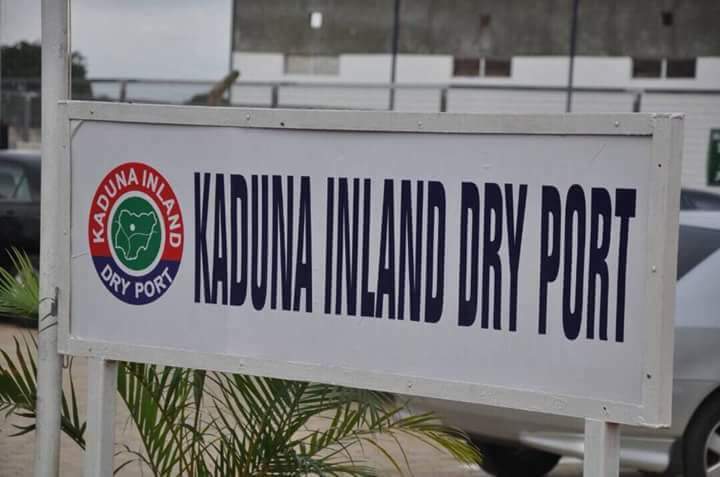As a way of promoting exportation of made-in- Nigeria goods and agricultural produce, the Kaduna Inland Dry Port, KIDP, is set to commission the pilot operations for Nigeria’s first Domestic Export Warehouse services.
The General Manager, KIDP, Rotimi Raimi -Hassan, who disclosed this at a media parley recently in Lagos, also said that support infrastructures were already in place for seamless and efficient operations.
Hassan described KIDP as the most equipped facility in Nigeria with a modern laboratory that could check the quality of exports that would be processed through the dry port.
He added that about 10 trucks were ready for deployment and that KIDP had judiciously utilised the Export Expansion Facility Grant from the Federal Government under the office of the vice president to achieve hitch-free logistics.
On storage and durability of perishable goods, Raimi-Hassan said a cold room, with capacity for 50 tons of cargo, had been put in place to keep export cargoes preserved at the required temperature to meet market demands
The warehouse, according to him, had 4,000 square meters to do aggregation, consolidation and complete packaging of all types of export within the KIDP facility
He commended the Federal Government, Kaduna State Government, chief executive officer of the Nigeria Export Promotion Council and other government agencies for their support towards the success of the DEW project
“I can tell you that we are ready to make DEW a success and will continue to improve in ensuring that whatever leaves our port meets international standards. We are working to bring the full port experience to Kaduna in all ramifications, except the berthing of ships. KIDP is equipped with close circuit television for enhanced security and monitoring of all activities within and around the dry port area.
“Arrangements have also been made for exporters to have their cargoes processed for direct shipment. What I mean is that from Kaduna dry port, the cargoes are loaded into ships without any stoppage, re-examination or delay on transit. The Federal Government has approved an inter-agency arrangement involving all relevant government regulatory and enforcement agencies to implement this.
“The other privileges like electronic call-up system for improved traffic situation and Nigeria Customs Service Nigeria Integrated Customs Information System 11 are some of the technology-aided platforms meant to improve trade that we are embracing too,” he said.
The GM added that apart from job creation, the port was demonstrating ability to generate reliable data for trade and would greatly improve Nigeria’s participation in the African Continental Free Trade Area
In this article:

